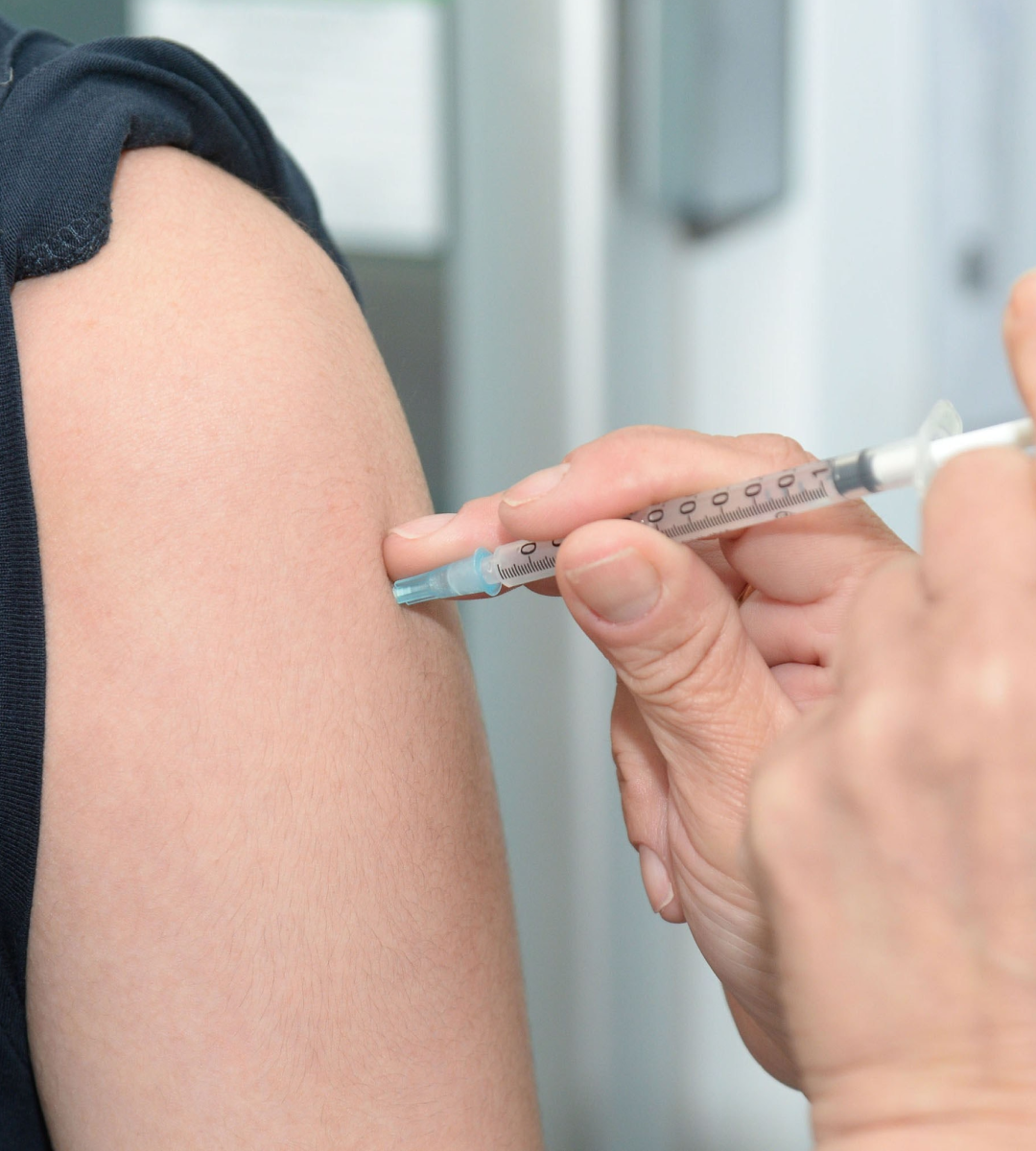Just like almost everything else this year, the annual flu season won’t be the same because of the COVID-19 pandemic. Healthcare experts are actively planning how to avoid a potential “twindemic”— a sudden rush of people becoming critically ill with influenza at the same time as a resurgence in new cases of COVID-19.
“If you haven’t received the vaccine in previous years, this is the year to get it,” said Dr. Danuta Skowronski, infectious disease expert specializing in influenza and emerging respiratory illnesses at the B.C. Centre for Disease Control.
“The worry is that with the onset of the flu season, you’re going to get peaks of flu and COVID-19 cases at the same time,” said Charles Chiu, MD, PhD, infectious disease expert at UC San Francisco. “Even with a mild flu season, the convergence with a COVID surge could very rapidly overwhelm our hospital system.”
The fatality rate for the flu is relatively low, less than 0.1%, far below the current estimates for the fatality rate of COVID-19 between 0.5 to 1.0%. Still, about 30,000 to 60,000 Americans and 2,500 to 3,500 Canadians die due to complications from the flu each year. While apparently less fatal than COVID-19, influenza should still be taken very seriously — this year, even more so.
We don’t yet know what could happen if people start to contract both COVID-19 and influenza at the same time. What we do know is that we have a safe, effective vaccine for the flu each year and that health experts recommend getting it now more than ever.
“Here we have a disease, influenza, a scourge of humankind going back centuries,” said epidemiologist George Rutherford, MD. “We have a vaccine that’s pretty effective. There’s no reason for us to be filling our ICUs with people with influenza who didn’t get vaccinated.”
As we learned with the first waves of COVID-19 earlier this year, easing the burden on the healthcare system and making sure hospital beds are available for those that need them are both critical. In a severe flu season, between December and February, more than 800,000 Americans are hospitalized due to influenza. In Canada, the flu causes about 13,500 hospitalizations each year.
That’s close to 1,000,000 hospitalizations that have a very high chance of being eliminated if a majority of people get the flu shot.
Here are six key considerations to think about when it comes to getting your flu shot this year.
1. The flu shot will not increase your chance of contracting COVID-19
Multiple studies show that the flu shot has no effect on the potential to catch COVID-19 or any other type of respiratory virus.
“Receiving the seasonal influenza vaccine will not affect your risk of COVID-19. It will neither protect you from COVID-19, nor will it increase your risk of COVID-19 infection,” Dr. Skowronski said.
At the same time, getting a flu shot will not make a difference to how people respond to any potential COVID-19 vaccine that comes out soon.
“Vaccines are specific in their effects. If that were not the case, we would have a universal vaccine against all respiratory infections, and we don’t,” notes Dr. Skowronski.
Influenza vaccines are specifically designed to only deal with strains of flu, and any upcoming COVID-19 vaccine would be the same for specific strains of coronavirus. They wouldn’t diminish the effectiveness of the other.
2. You’re still at risk of catching the flu despite physical distancing and masks
“It’s true that your risk of catching the flu is much less if you wear a mask and social distance one hundred percent of the time, said Dr. Chiu. “We know that people get tired of these measures and may not always be rigorous.”
As the weather gets colder, more people will spend their time indoors where the risk of spreading both COVID-19 and the flu is significantly higher. While following the recommendations for personal protective equipment and physical distancing will also help lower transmission of the flu, alone they’re far less effective than combining them with the annual flu shot.
3. People at high risk of contracting COVID-19 also have a high chance of getting the flu
Folks who are already at especially high risk of critical illness from COVID-19 are at the same level of risk from influenza. This includes seniors and people with underlying health conditions.
“It is particularly important this year that those with high-risk conditions receive the influenza vaccine so that we are not utilizing critical hospital beds for influenza that could be used for those with COVID, [where] there is currently no vaccine,” urges Dr. Skowronski.
4. Young children should also get the flu shot
While children don’t seem highly susceptible to COVID-19, they’re at high risk of catching the flu and it spreads easily through high-contact at school. Toddlers and young school-aged kids are known as “super-spreaders” with a very high rate of transmitting flu.
“It is super important for every child over six months of age to get the flu vaccine,” he said Dr. Jacob Rosenberg, a pediatrician in Woodbridge, Ont.
Pediatric immunization against influenza will not only help protect the child but also protect others who are vulnerable around them.
5. Get your flu shot sooner rather than later
“It is best to have your flu shot in late September or early October in order to ensure that you have time – usually two weeks – to develop an immune response before there is widespread transmission of the flu,” said Josh Adler, MD, chief clinical officer of UCSF Health. “A flu vaccine in this time frame generally provides protection throughout the entire flu season.”
6. Chat with a health expert for free, personalized flu vaccination advice
There are a lot of new things to consider about how to manage our health during the flu season this year. Chat real-time with your Care Team to get one-on-one advice from a registered nurse on what’s right for you.
Have more COVID-19 concerns? You’re not alone. Check out a long list of resources and League Health Programs on our COVID-19 Health Needs page.






